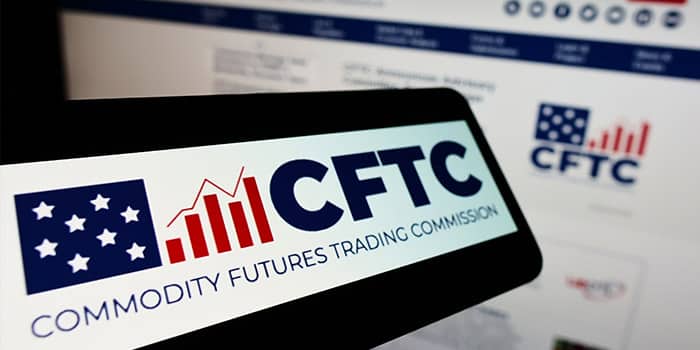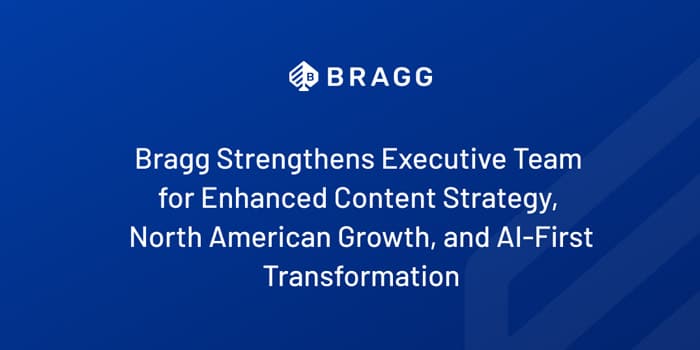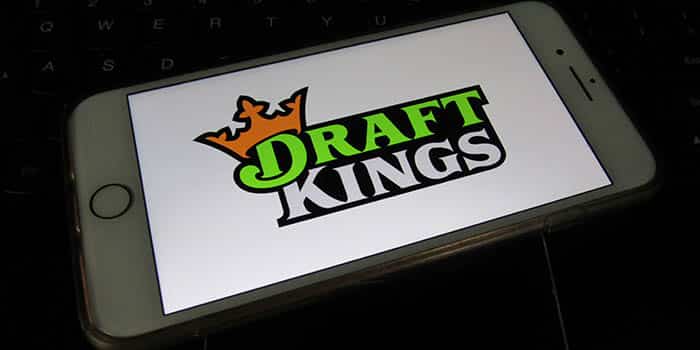Betting on the Rise Among High Schoolers in New York
The New Yorker ran a piece on the betting habits among high school children, many of whom are tapping into savings or bar mitzvah accounts to fuel their habit

In a report, the New Yorker spoke to a 17-year-old high school senior who was identified by Max and who recounted his impressions of sports betting and how it is affecting his peers.
According to the student, his peers would often gather to watch the Super Bowl and other major sporting events, but of late, the focus has been shifting not so much in sharing in the triumph of a beloved sports franchise, but rather, becoming miserable over a failed wager.
Children Withdrawing Savings Money to Place Bets
Max told the publication that many high schoolers would end up withdrawing from savings accounts or bar mitzvah accounts, constantly looking for more money to fuel the habit. Gambling is illegal for most individuals under the age of 18, and sports betting often requires a minimum age of 21.
Yet, many high schoolers and adolescents are finding ways to place wagers even though they technically should not be able to.
“Kids take money out of savings accounts or bar mitzvah accounts for betting. I know kids who stay up super late and sacrifice their grades to watch sports across the country, just because they can bet on it,” Max said.
The New York Council on Problem Gambling has been able to identify the breadth of the problem, with 90% of high schoolers supposedly placing a bet at least once a year.
The article, however, raises an interesting point – according to Max, the most popular betting platforms in his school are DraftKings and FanDuel, but this is not very likely, as these platforms would not let underage individuals gamble or face severe penalties, or possibly license revocation.
“At school, it’s all kids with their gambling apps in class. And it never stops because it’s football season, then basketball, then baseball,” Max told the publication, highlighting the fact that there was never an off-season for mobile gamblers, be that young high schoolers.
The Safer Gambling Strategies president Keith Whyte, spoke to the publication as well, and explained that the problem of underage gambling was indeed increasing, with 5% of children aged between 12 and 17 now registering as problem gamblers – a 400% increase.
Gambling Ads, Proxy Betting, and Getting Hooked
Children’s gambling is a particularly sensitive issue, as the risk-reward center is not fully developed at that age, meaning that individuals who get “hooked” on the activity early on could have a much harder time later in life controlling their behavior.
“They feel like they have some sophistication and can beat the system, beat the man. It’s the mindset of teenage boys — they feel like, ‘I’m smarter than adults, I can figure this out,” Whyte said.
Gambling companies and advertising rules do share some of the blame, as the rules around ads are liberal. Broadcasts feature many gambling ads, meaning that young people are exposed to gambling advertising almost constantly. Calls for federal regulation on gambling ads have been heard, but follow-up action has been hesitant.
While this continues, children will keep cashing out their savings to place a bet on the next game – no matter what it is.
Jerome brings a wealth of journalistic experience within the iGaming sector. His interest in the industry began after graduating from college, where he regularly participated in local poker tournaments. This exposure led him to the growing popularity of online poker and casino rooms. Jerome now channels all the knowledge he's accrued to fuel his passion for journalism, providing our team with the latest scoops online.

















